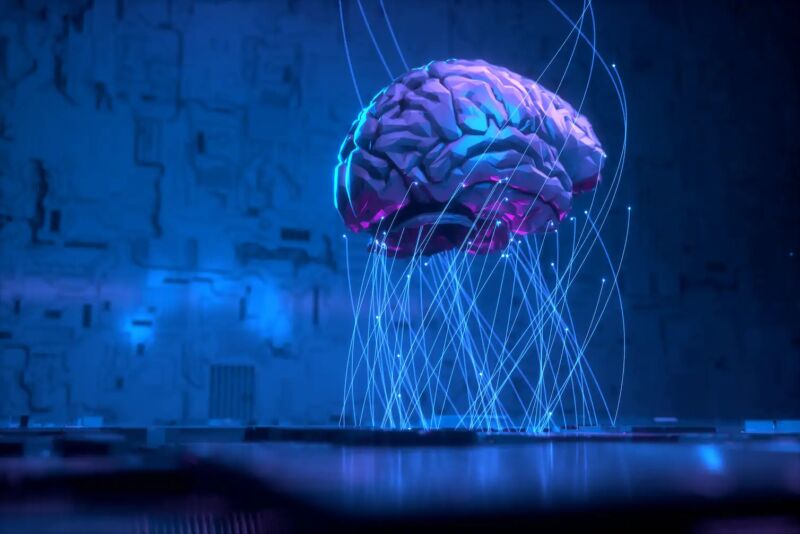Enlarge / Current concerns about AI tend to focus on its obvious errors. But psychologist Molly Crockett and anthropologist Lisa Messeri argue that AI also poses potential long-term epistemic risks to the practice of science. (credit: Just_Super/E+ via Getty)
Last month, we witnessed the viral sensation of several egregiously bad AI-generated figures published in a peer-reviewed article in Frontiers, a reputable scientific journal. Scientists on social media expressed equal parts shock and ridicule at the images, one of which featured a rat with grotesquely large and bizarre genitals.
As Ars Senior Health Reporter Beth Mole reported, looking closer only revealed more flaws, including the labels “dissilced,” “Stemm cells,” “iollotte sserotgomar,” and “dck.” Figure 2 was less graphic but equally mangled, rife with nonsense text and baffling images. Ditto for Figure 3, a collage of small circular images densely annotated with gibberish.
The paper has since been retracted, but that eye-popping rat penis image will remain indelibly imprinted on our collective consciousness. The incident reinforces a growing concern that the increasing use of AI will make published scientific research less trustworthy, even as it increases productivity. While the proliferation of errors is a valid concern, especially in the early days of AI tools like ChatGPT, two researchers argue in a new perspective published in the journal Nature that AI also poses potential long-term epistemic risks to the practice of science.
Read 47 remaining paragraphs | Comments

